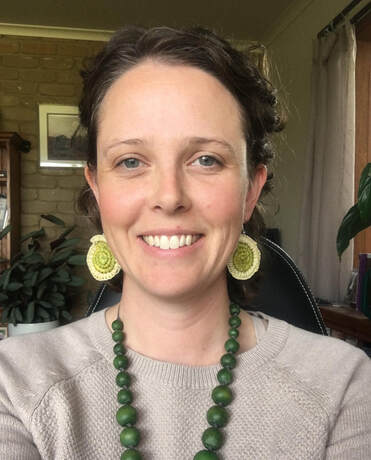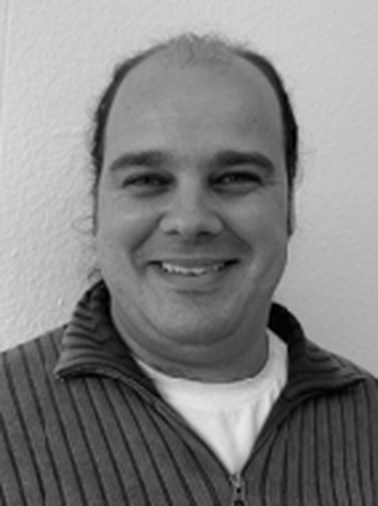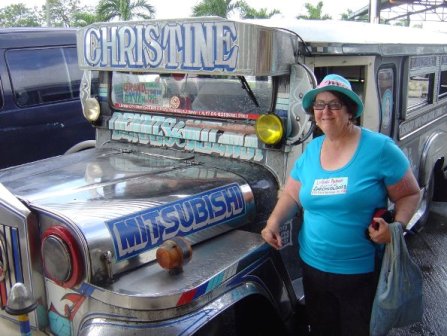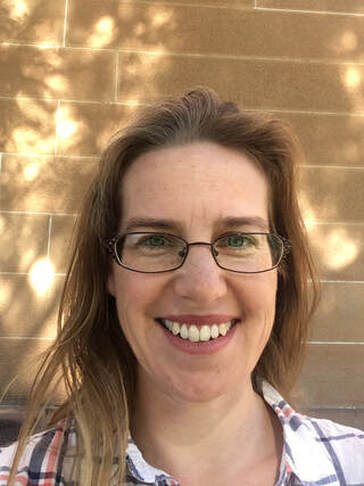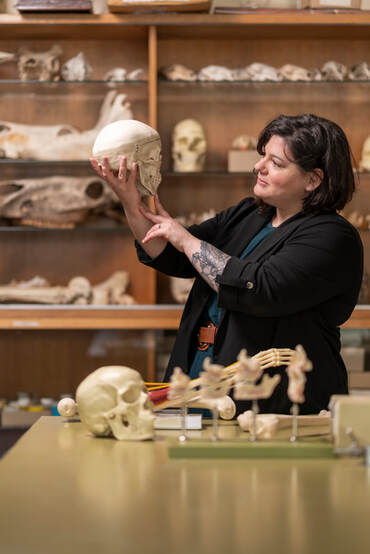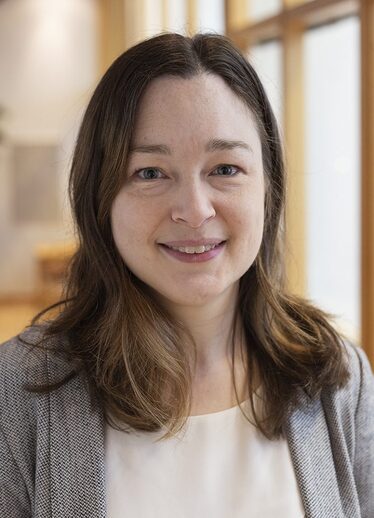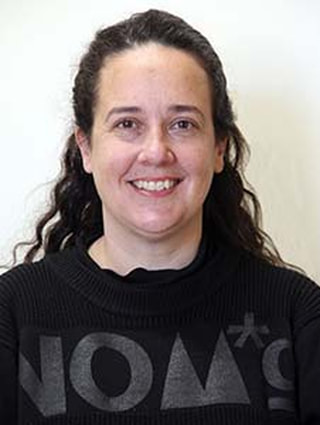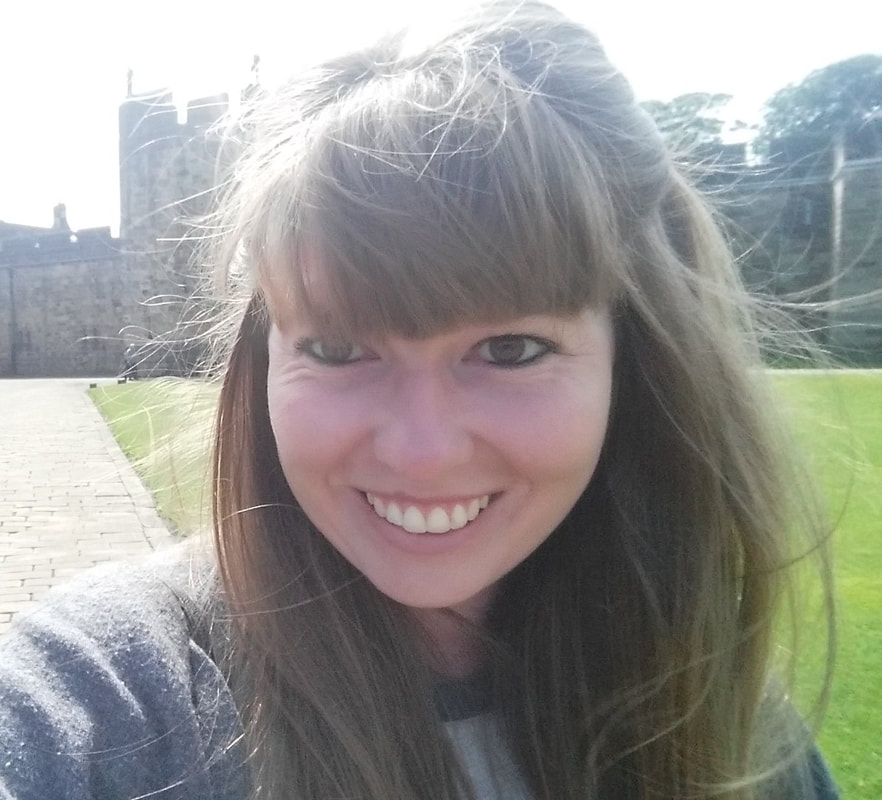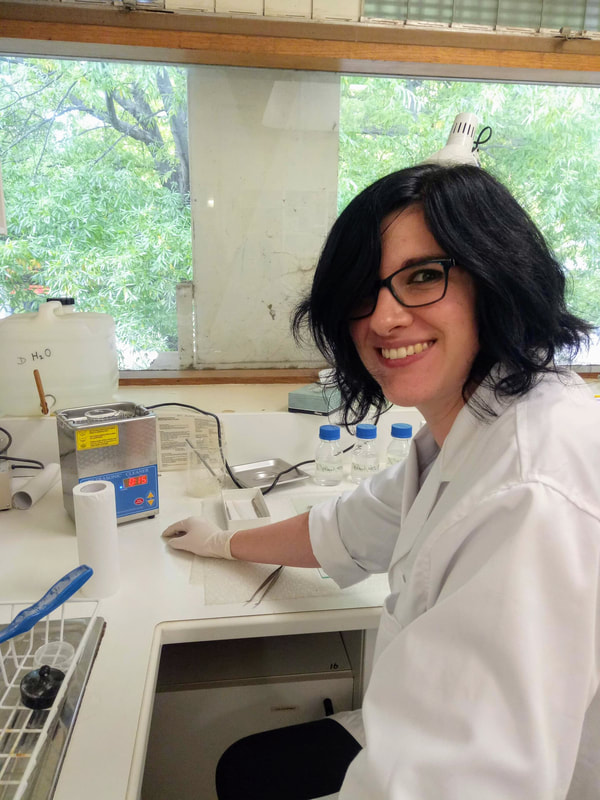Meet the Committee
David CoallVice PresidentDr David Coall is a biological anthropologist. He holds the position of Senior Lecturer and Biomedical Science Course Coordinator in the School of Medical and Health Sciences at Edith Cowan University in Western Australia. David completed his PhD in the School of Anatomy and Human Biology at the University of Western Australia and his Postdoctoral Research Fellowship in the Centre for Cognitive and Decision Sciences at The University of Basel, Switzerland. After returning to UWA as a researcher in the School of Psychiatry and Clinical Neurosciences, in 2010 David moved to his current position. He has authored more than 45 publications across the fields of evolutionary anthropology, paediatrics, cognitive science, mental health, and maternal and child health. His research focuses on applying evolutionary theory to understanding the complex inter-generational influences on health and behaviour within families. He has two main lines of research, one exploring the impact the childhood environment has on subsequent growth, development and reproduction and the second examines the roles grandparents play in families and its health consequences. He is currently examining the experiences, needs and health of grandparents who are raising their own grandchildren. His work is now being translated into support services for people in low resource family situations.
|
Christine CaveSecretaryChristine Cave is an Honorary Research Associate and casual lecturer in Archaeology at the Australian National University. Her primary research focus is exploring marginalised groups in the archaeological record through mortuary archaeology, with an emphasis on the elderly, children, and differently abled individuals. Geographically she has had a major focus on Early Anglo-Saxon England but has also excavated in the Philippines on an early Metal Age jar burial site. During Covid times she found a focus locally on modern and historical cemeteries but is still enthusiastic about identifying the invisible elderly in archaeological contexts.
|
Stacey WardSocial Media RepresentativeDr Stacey Ward is a Lecturer in Biological Anthropology at the Australian National University. Her research is primarily based in Southeast Asia and has focused on topics such heavy metal exposure among early Bronze Age metallurgists in Thailand, cremation practices in historic Laos, and the relationship between health and social inequality in Iron Age Thailand. Stacey also conducts research exploring ethics and education in Biological Anthropology, and has previously assisted with the repatriation of Indigenous skeletal remains. In a past life, Stacey worked as a contract archaeologist. She has archaeological and bioarchaeological field experience in New Zealand, Australia, Thailand, Cambodia, Laos, Israel and Peru.
|
Heather BattlesCommittee MemberHeather Battles is a Lecturer in Anthropology at the Unversity of Auckland. Her research applies an interdisciplinary biocultural approach to understanding the evolution and ecology of infectious diseases in human populations and their impacts (biological and social). Her interests span the disciplines of bioanthropology, historical demography and epidemiology, medical anthropology, and social history. Her main focus is the history of epidemic diseases, from patterns of morbidity (incl. long-term sequelae) and mortality to prevention and control efforts (e.g. vaccination). Heather has also been involved with fundraising and awareness-raising for the global eradication of polio through Rotaract.
|
Sian HalcrowCommittee MemberDr Siân Halcrow is a Professor of Biological Anthropology at the University of Otago. Her research interests lie in understanding major human transitions in the past through the experiences of the most vulnerable people in the population: infants and children. She also contributes to topical issues in her discipline through her work on the ethics of the study of human remains. Since 2007, Siân has had more than 100 peer-reviewed publications, and has gained grants from the Marsden Fund, Australian Research Council, FONDOCYT, Fullbright NZ, Wenner-Gren Foundation, and National Geographic. She is the Co-Editor-In Chief for Bioarchaeology International, and her co-edited book, The Mother-Infant Nexus in the Past: Small Beginnings, Significant Outcomes (Springer) has been used for the Research Excellence Framework (UK). Siân was the recipient of the Rowheath Trust Award and Carl Smith Research Medal, and the NZ Association of Scientists Hill Tinsley Medal.
|
Karen CookeAustralian Student Representative
Karen Cooke is currently a PhD Candidate at the Australian National University. Her current research investigates the changes to bone microstructure as a result of treponemal infection, primarily through histological analysis of undecalcified archaeological human bone.
|
